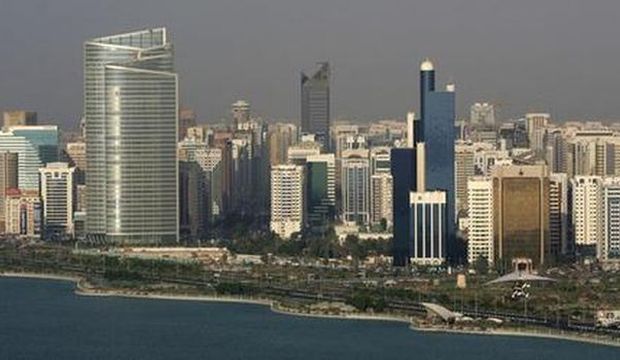Sharjah, Asharq Al-Awsat—Gulf emirate Sharjah launched its first sovereign sukuk on Wednesday, a 10-year, 750-million-US-dollar Islamic bond with a 3.764 percent yield that has been more than 10 times oversubscribed, in what was the emirate’s debut debt issue on capital markets.
The bond makes Sharjah the fourth member of the United Arab Emirates (UAE) to issue sukuk, following Dubai, Abu Dhabi and Ras Al-Khaimah. The bond will have an ijara structure, the most common for sukuk, which means bondholders will own a tangible, existing asset tied up in a lease contract, against which the bond is secured and whose rent constitutes the returns made out to bondholders. This helps the bondholder avoid the prospect of riba, or making money on interest, which is forbidden according to Islamic Shari’a law.
Commenting on the issue, the head of the Sharjah Finance Department, Sheikh Mohammed Bin Saud Al-Qasimi, said: “This issue marks a major landmark in the financial and economic development of the emirate of Sharjah, and reflects many months of hard work. We at the Sharjah Finance Department have achieved all our goals, but more important than this is that we have shown the best image of the emirate of Sharjah in front of a global audience of investors, receiving an extremely positive response.”
Following a press conference in Sharjah on Wednesday to announce the issue, the government said the bond had been more than 10 times oversubscribed, drawing in 7.85 billion dollars in orders from 250 investors.
Regional investors accounted for 50 percent of these, with British investors accounting for 20 percent, other European investors 11 percent, and those from Asia 14 percent, the government said.
It called demand for the bond “exceptional,” and said the issue would provide a future “benchmark” for any other transactions undertaken by private or public institutions based in the emirate.
The bond was originally priced at 100 basis points over midswaps, but this was later tightened to 120 points in response to the high demand, before the government finally decided on 110 points.
The bond will now be traded on the Nasdaq Dubai exchange and the Irish Stock Exchange.
The issue of the Gulf emirate’s maiden sukuk comes as global ratings agencies Standard & Poor’s (S&P) and Moody’s both gave it its first sovereign credit ratings in January, moves that were seen to presage a future sovereign bond issue in the eyes of many observers.
The strong ‘Stable’ ratings of ‘A’ and ‘A3’ from S&P and Moody’s respectively “indicated the strong ability of the country to meet its debt obligations.”
Moody’s said its assessment was based on Sharjah’s strong government finances, with the emirate boasting a healthy fiscal and government debt position, recording average fiscal deficits of 1–2 percent of GDP since 2008 and debt levels of around 6 percent of GDP in 2012, a level which S&P did not expect to go beyond 10 percent by the end of 2014.
This contrasts with its more well-known fellow emirate Dubai, which remains unrated by international credit rating agencies and currently has debt levels of around 50.5 percent of its GDP, according to Bank of America Merrill Lynch.
Unlike Dubai, Sharjah has a more conservative reputation, both culturally and economically. Since the 1980s, the emirate has been keen to diversify and industrialize in order to reduce its reliance on oil revenues.
In 2012, no individual sector represented more than 20 percent of GDP, according to the Sharjah Finance Department, making the emirate’s economy one of the most diversified in the Gulf Cooperation Council (GCC).
Its manufacturing sector is now one of the most significant in the GCC, accounting for 17 percent of its GDP.
According to government figures, Sharjah’s nominal GDP growth averaged 11 percent from 2001 to 2012. GDP reached 19.7 billion dollars in 2013, and is estimated at 22 billion dollars in 2014.

